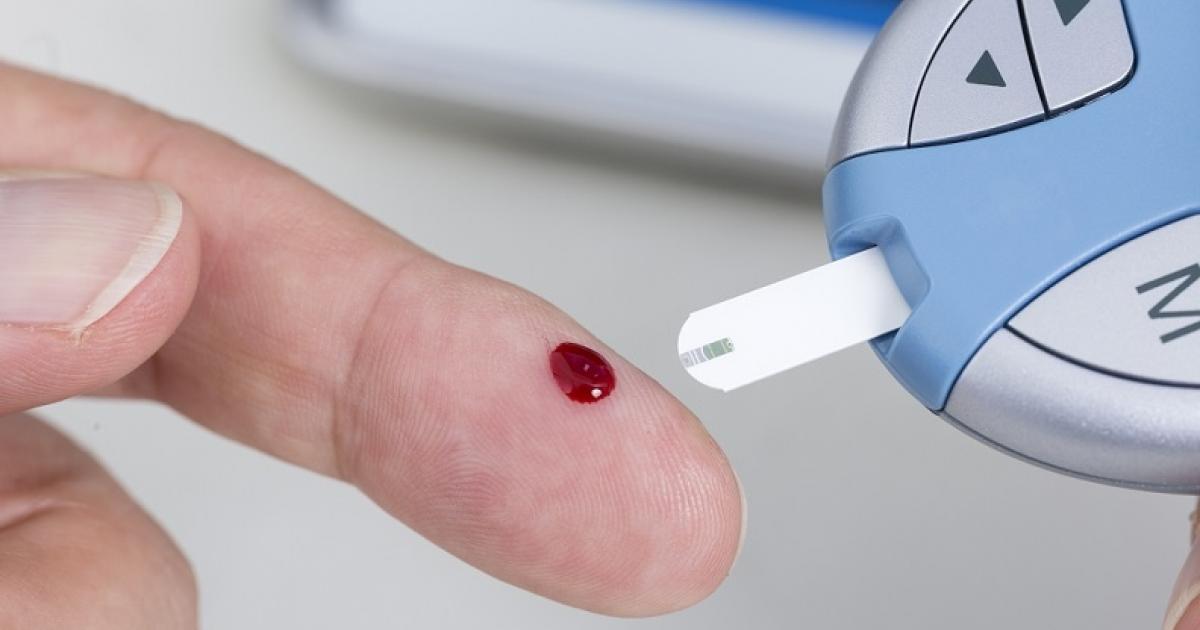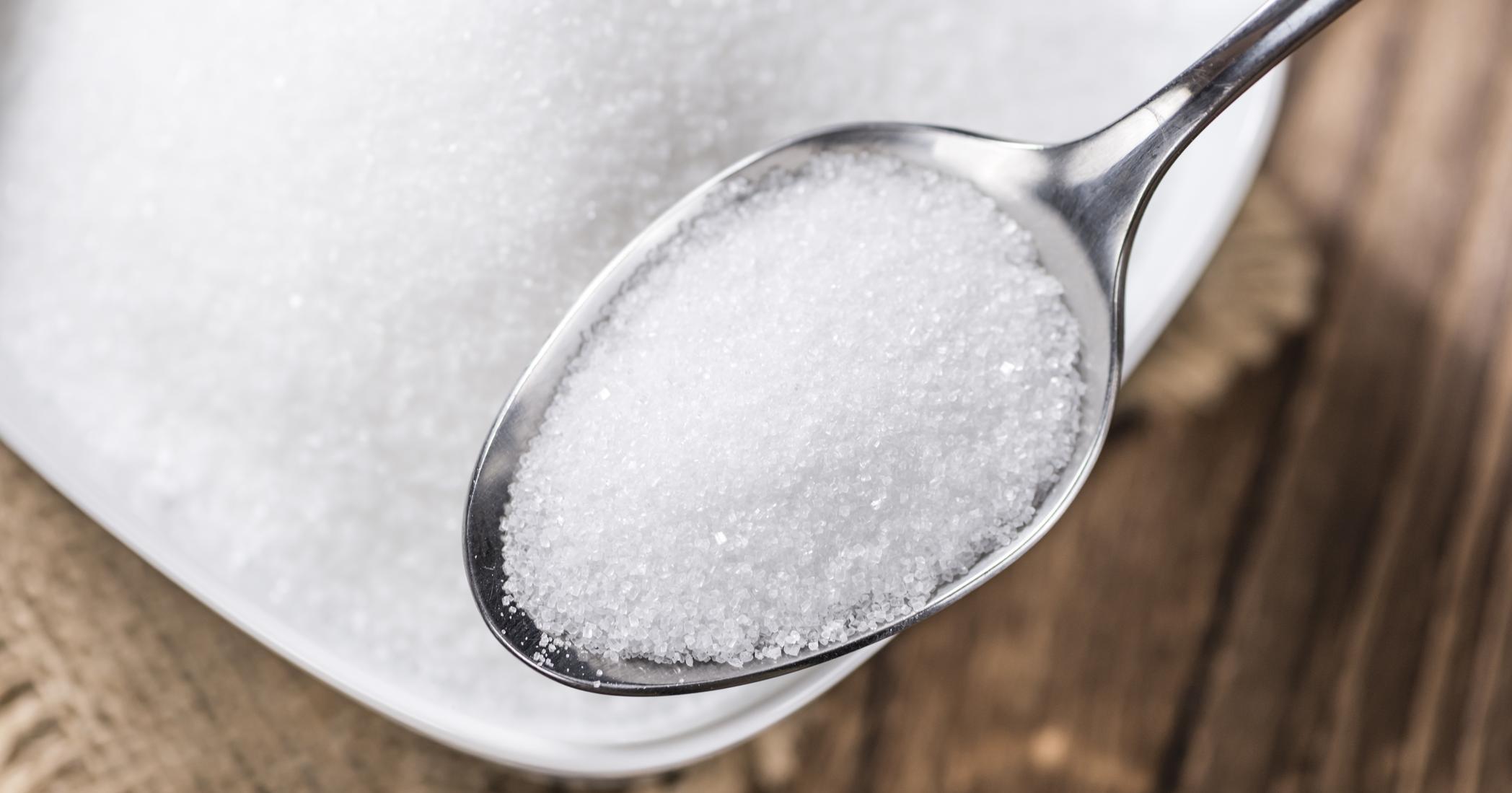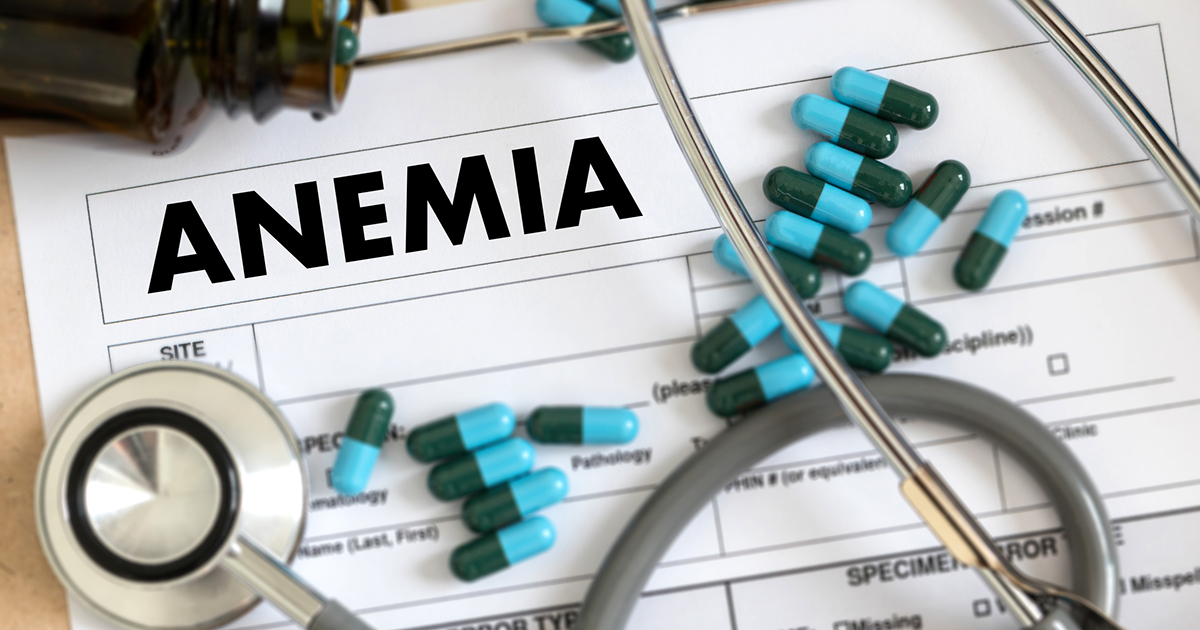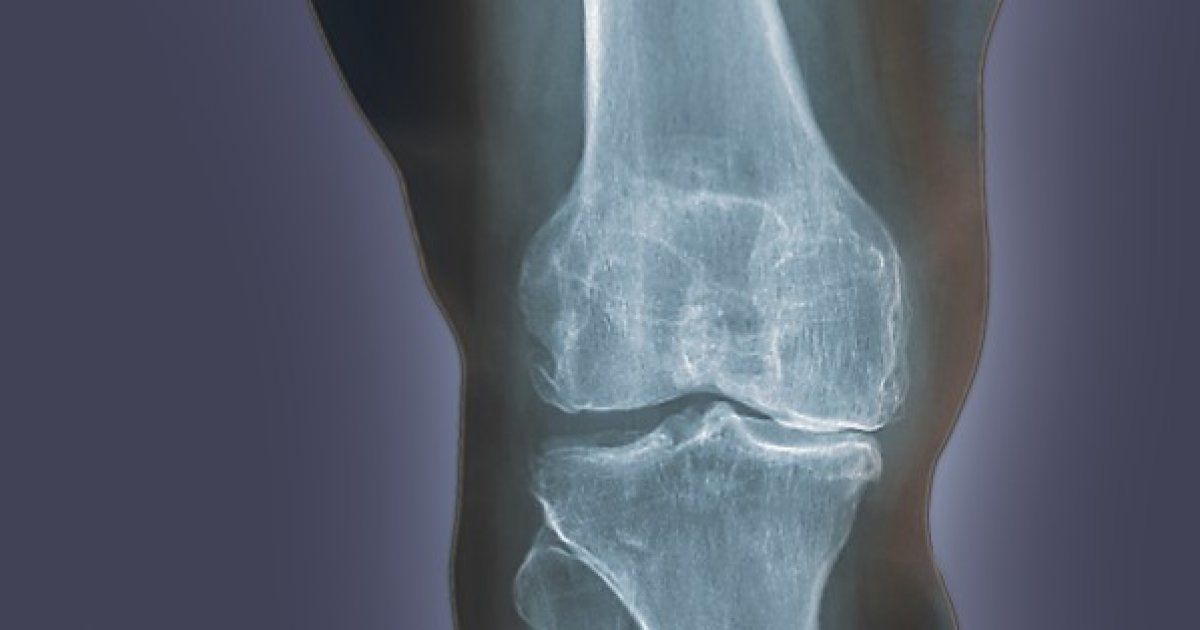Health Benefits Of Dates
Dates are the edible and sweet fruit from the date palm. The tree probably first grew in Egypt and/or Mesopotamia, and individuals in the Middle East and the Indus River Valley have been eating dates for thousands of years. There are many types of dates, and they all have a single pit. Ripe dates can range from yellow to red, depending on the type. They similarly vary in length; some varieties are nearly three inches long. Dates can be eaten fresh or dried; most individuals in the United States eat dried dates. Dates can be pitted and stuffed with ground nuts, cream cheese, or marzipan. They can also be used in baking, and they can be made into vinegar or alcohol.
Prevent Constipation

A 3.5-ounce (one hundred grams) serving of dates contains roughly seven grams of fiber, and fiber can help prevent constipation. It does so by helping the digestive tract form stools. The World Journal of Gastroenterology described a 2012 study in which researchers analyzed earlier studies of the effects of fiber on constipation. They found dates and other sources of fiber caused the participants to have more regular bowel movements. Fiber also makes individuals feel full longer, so they are less likely to overeat. One-quarter cup of dates provides twelve percent of an individual’s recommended daily intake of fiber.
Control Over Blood Sugar

The fiber in dates may benefit control over blood sugar by slowing digestion and possibly keeping blood sugar from rising too high after a meal. Consequently, dates have a low glycemic index, which is a measurement of how quickly blood sugar rises after eating a specific food. In 2011, there was a study in which scientists determined the glycemic index of five types of dates by feeding them to healthy volunteers and then measuring their blood sugar. They then tested the effects of the dates on the blood sugar of volunteers with diabetes. The scientists found all five types of dates had low glycemic indices and could benefit patients with diabetes.
Improve Cognitive Function

Dates may help improve cognitive function, for their anti-inflammatory properties may help defend the brain from Alzheimer’s disease. In 2016, the science journal Neural Regeneration Research described an experiment in which researchers fed dates to some mice for fifteen months. They found the mice that had been fed dates showed less oxidative stress and inflammation in the brain. They were also less likely to develop the plaques associated with Alzheimer’s disease.
A year earlier, the Journal of Ayurveda and Integrative Medicine described a study in which researchers worked with two groups of mice over fourteen months. They fed one group a diet that included dates, while the other group got the standard mouse feed. The scientists had the mice run a series of mazes and perform a variety of tests at both the beginning and the end of the study. They found the mice given the conventional diet were more anxious, had poorer memories, and had more trouble learning than the mice that had received dates.
While other studies involving animals have gotten similar promising results, researchers will need to perform similar tests on human volunteers to prove dates’ efficacy in protecting the brain from Alzheimer’s disease and, possibly, other degenerative diseases of the nervous system.
A Natural Sugar Substitute

Dates are sweet with a flavor reminiscent of caramel. They also contain a lot of fructose, a sugar often found in fruit, can thus be used as a natural sugar substitute. Dates can be used as a replacement for white sugar in many recipes. Individuals who want to use dates as a sweetener when cooking or baking make it into a paste first. The simplest way to do so is to pit the dates, add them to water, and then pour everything into blender or food processor and switch it on. Individuals who don’t have a blender or food processor will have to let their dates soak overnight to soften them. Some will add vanilla or salt for flavor. When refrigerated, date paste keeps for about six months.
Individuals generally use a 1:1 ratio when using date paste. This means if a recipe calls for a single cup of white sugar, they should replace it with a single cup of date paste.
High In Antioxidants

Dates are usually eaten dried and are thus high in calories. A single 3.5-ounce serving contains 277 calories. The same serving, however, also contains a lot of nutrients, such as two grams of protein. Dates also provide twenty percent of the recommended daily intake of potassium and twelve percent of the recommended daily intake (RDI) of vitamin B6.
Dates are also high in antioxidants. They provide eighteen percent of the RDI of copper and fifteen percent of the RDI of manganese. Dates also contain carotenoids, flavonoids, and phenolic acid. Carotenoids can help the heart stay healthy and they may also prevent eye disorders like macular degeneration. Flavonoids prevent inflammation and thus may reduce the risk of developing Alzheimer’s disease, diabetes, and some kinds of cancer. Phenolic acid also prevents inflammation and may reduce the chances of developing heart disease or cancer.
Reduce Blood Pressure

When individuals suffer from chronic high blood pressure, they often control it with medicine. However, the foods they eat are even more important in maintaining a healthy heart and blood pressure range. Dates contain carotenoids, which promote heart health and reduce blood pressure. Potassium can also be found in dates, and the body needs potassium for proper heart functioning. Another ingredient in dates is magnesium, which has been proven to reduce blood pressure. It is, of course, important for everyone to keep their blood pressure under control because it can lead to life-threatening health problems, such as a heart attack or a stroke. Dates, along with other fruits, are also commonly recommended as heart-healthy foods.
Prevent Night Blindness

Night blindness, also known as nyctalopia, is a condition in which an individual has poor vision in dim lighting or near darkness. The carotenoids found in dates can help prevent night blindness. Dates are also known to help reduce the risk of macular degeneration, which is a vision problem known to cause both vision loss and distorted vision. Though night blindness is most commonly seen in the elderly, it can impact younger individuals too. Eating a few servings of dates per week while keeping regular appointments with an eye doctor can help prevent night blindness. Dates also contain vitamin C, which supports healthy eye tissue.
Reduces Severity Of Anemia

Vitamin supplements are often recommended to treat anemia, though the best way to combat anemia is to eat iron-rich foods. Dried dates and raisins are great sources of both vitamin C and iron. Vitamin C helps the body absorb iron, and iron makes hemoglobin, which reduces the severity of anemia. Hemoglobin, a protein in red blood cells, helps move oxygen throughout the body. Anemia patients have a low hemoglobin count or a less than adequate number of red blood cells. Many Americans suffer from anemia, and one of the main symptoms is fatigue. Some anemia patients may have troubling symptoms, such as a rapid heartbeat or even shortness of breath. Therefore, those who suffer from anemia are often recommended to eat an iron-rich diet. The vitamin C and iron in dates reduce the severity of anemia.
Promotes Bone Health

Osteoporosis is a degenerative disease in which bones become brittle and weak. The bones are therefore more susceptible to fractures. The condition is most frequently seen in elderly individuals, and it tends to worsen over time, especially if left untreated. It is common for individuals with osteoporosis to experience bone pain, back pain and also muscle cramps. Doctors often recommend a special diet that promotes bone health. Treatments for osteoporosis typically include taking vitamin supplements and drugs designed to strengthen bones. However, there are some foods patients can eat to help improve bone strength. Because dates are filled with bone-strengthening minerals such as potassium and calcium, eating dates promotes bone health.
Decreases Oxidative Stress

Free radicals are oxygen-containing molecules with an uneven amount of electrons. When free radicals come into contact with other molecules, they react to them. During this reaction process, free radicals trigger chemical reactions in the body. An imbalance between antioxidants and free radicals in the human body causes oxidative stress. All of these processes can either be helpful to the body or harmful. For instance, when antioxidants give an electron to a free radical, this can lead to the stabilization of free radicals. However, in some cases, an imbalance between free radicals and antioxidants is created, and the body has a negative response to it, which can lead to damage in fatty tissue and proteins. The good news is dates contain antioxidants, which decreases oxidative stress. There are several other things individuals can do to see decreases in oxidative stress, including avoiding toxins and processed foods might help.